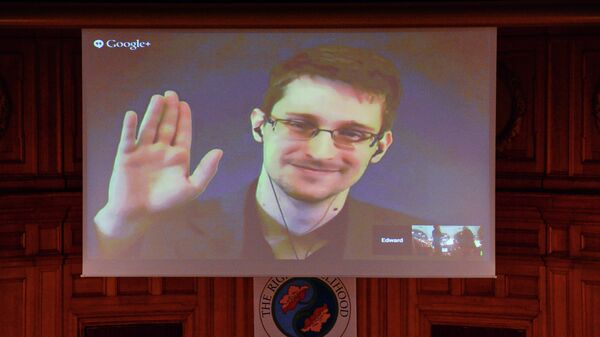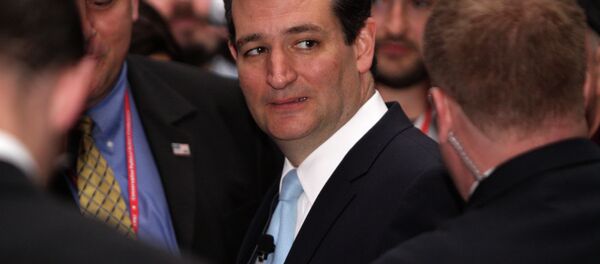On Monday night, NSA whistleblower Edward Snowden accused the US Federal Bureau of Investigation (FBI) of perjuring itself in its claim that it could not access the contents of the San Bernardino terrorist’s iPhone without Apple crafting software to provide a backdoor to federal officials.
"They exploited trust in pursuit of precedent," Snowden charged in a Twitter message. "Every credible expert knew there were alternative means. That the FBI went so far on so little demonstrated a disregard of facts: bad faith."
Snowden’s tweets came hours after the Justice Department requested a continuance to postpone Tuesday’s hearing before a federal court, citing that the FBI contrived an alternative method to hack an iPhone. For over a month, the agency claimed that it could not gain access to the data contained within device unless Apple provided them with the tools to do so.
Critics, including Snowden, have said previously that the agency lied about their inability to hack the phone out of a desire to set a precedent of forcing companies to ‘break’ their products.
Others charge that the Justice Department dropped the case after they realized that the federal court would rule their request unconstitutional upon rehearing, which would set a negative precedent.
Weeks ago, Apple CEO Tim Cook pledged to fight an earlier federal court ruling demanding the company create software to provide a backdoor that would allow federal officials to access the content of an iPhone. Acknowledging the national security imperative, Cook maintained that the court’s ruling was unconstitutional, a gross infringement on user privacy, and would potentially subject all of Apple’s 94 million iPhone users to government surveillance.
On Saturday, via video conferencing before a crowd at MIT, Snowden praised Apple’s refusal to comply with the FBI request and federal court order as an example of companies standing up for their users.




